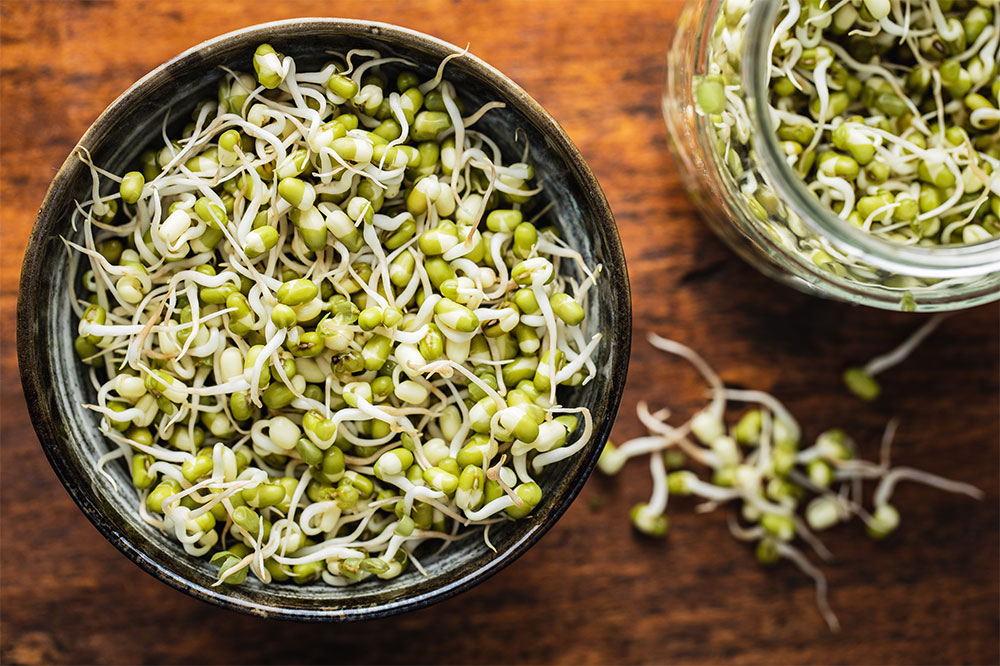Comprehensive Guide to Managing Crohn’s Disease Through Diet: Essential Tips for Symptom Control
Discover comprehensive dietary strategies for managing Crohn’s disease. This guide offers practical tips, suggests safe foods, and highlights medication options like STELARA® to help reduce symptoms and prevent flare-ups. Learn how tailored nutrition can improve quality of life and support long-term remission in Crohn’s patients.

Comprehensive Guide to Managing Crohn’s Disease Through Diet: Essential Tips for Symptom Control
Crohn’s disease is a chronic inflammatory condition that primarily affects the gastrointestinal tract, leading to a host of uncomfortable symptoms and potential complications. While medical treatments are vital, proper dietary management plays an equally critical role in controlling symptoms, preventing flare-ups, and improving overall quality of life for patients. This detailed guide explores effective dietary strategies, common trigger foods to avoid, and nutritional tips that can help individuals better manage this challenging condition.
Understanding Crohn’s Disease
Crohn’s disease is a long-term inflammatory bowel disease (IBD) that can involve any part of the digestive tract, from the mouth to the anus. It often affects the small intestine, particularly the ileum, and the colon, leading to inflammation, ulcers, and other structural damage. The exact cause remains unknown, but it involves a combination of genetic, environmental, and immune factors that cause the body's immune system to mistakenly attack healthy digestive tissues.
Symptoms of Crohn’s disease vary widely and can include persistent diarrhea, abdominal pain, cramping, weight loss, fatigue, and sometimes fever. In severe cases, complications such as fistulas, abscesses, strictures, or malnutrition may arise, further complicating management. Diagnosing the condition involves a combination of blood tests, stool studies, endoscopies, and imaging techniques like MRI or CT scans. Since the disease often has periods of remission and flare-ups, ongoing monitoring and lifestyle adjustments are essential for controlling symptoms.
Importance of Diet in Crohn’s Disease Management
Dietary choices significantly impact the severity and frequency of symptoms. Certain foods can aggravate inflammation or irritate the digestive tract, while others can promote healing and maintain nutritional balance. Patients are advised to monitor their individual responses to various foods, keep an open communication with healthcare professionals, and adjust their diets accordingly. An individualized nutrition plan helps in minimizing symptoms, preventing nutrient deficiencies, and supporting overall health.
Below are detailed dietary guidelines and tips designed to help manage Crohn’s symptoms more effectively:
Opt for Non-Caffeinated Beverages - Caffeine-rich drinks such as coffee, black teas, and sodas can exacerbate symptoms like diarrhea and dehydration. Choose decaffeinated options, herbal teas, or infused water with natural flavors to stay hydrated without irritating the gut.
Eat Peeling and Low-Fiber Fruits - Ripe bananas, peeled apples, canned peaches or pears (without added sugar), and seedless, pulp-free fruit juices are gentle on the digestive system and easier to digest. These options help maintain nutrition while reducing mechanical irritation in the intestines.
Include Easily Digestible Protein Sources - Well-cooked lean meats, poultry, soft-boiled or poached eggs, fish, and soy-based products provide necessary protein for tissue repair and immune function. Cooking methods like baking, boiling, or steaming preserve nutrient quality and minimize the risk of irritation.
Consume Cooked Low-Fiber Vegetables - Vegetables such as potatoes, pumpkin, zucchini, eggplant, and asparagus are preferable when cooked thoroughly. Avoid raw vegetables with seeds or pulp that could irritate the intestinal lining. These vegetables provide essential vitamins and minerals without aggravating symptoms.
Implement Dietary Considerations - Focus on seedless fruits and canned foods without added sugars or preservatives. For some patients, dairy products may trigger symptoms, so dairy intake should be individualized and monitored. Incorporating small, frequent meals can also help manage digestion and nutrient absorption efficiently.
Furthermore, certain medications can complement dietary strategies. For instance, biologic drugs like STELARA®, an FDA-approved treatment, target specific inflammatory pathways, helping reduce flare-ups and maintain remission. Combining medication with dietary modifications offers a comprehensive approach to managing Crohn’s disease effectively.





